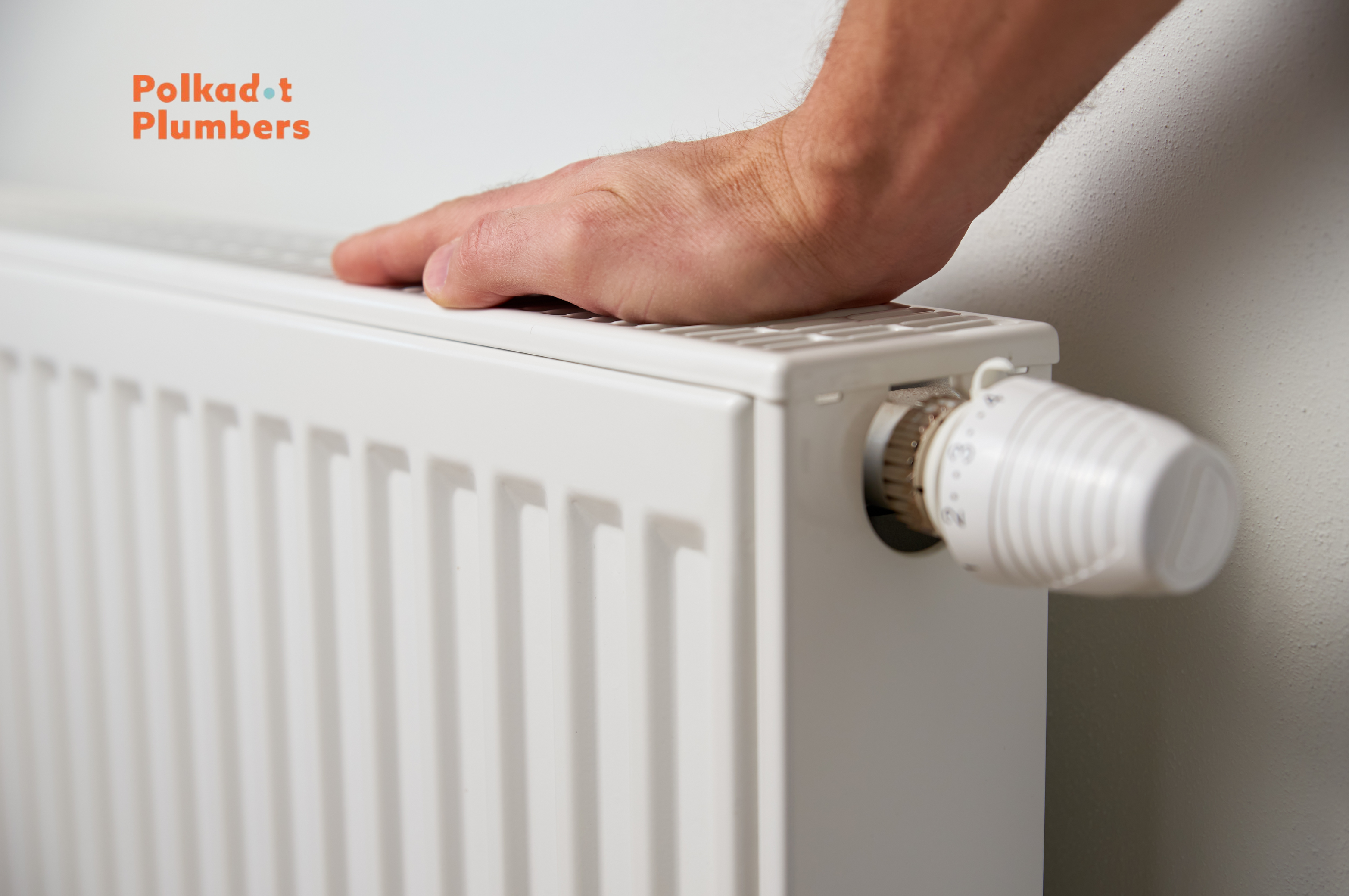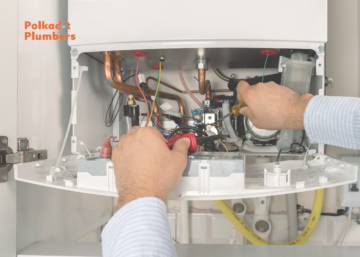Reducing your gas bill can seem like a daunting task. But with the right strategies, it’s entirely possible.
In this article, we’ll explore various gas bill-saving tips. We’ll delve into conservation methods and ways to improve energy efficiency.
We’ll discuss how understanding your gas bill can lead to savings. We’ll also look at the role of insulation and weatherproofing in reducing gas consumption.
From heating system efficiency to energy-efficient appliances, we’ll cover it all. We’ll also touch on behavioural changes that can lead to significant savings.
Whether you’re a homeowner, renter, or small business owner, this guide is for you. Let’s dive in and start cutting those gas bills.
Understanding Your Gas Bill
The first step to saving on your gas bill is understanding it. It’s crucial to know what each component of your bill means.
Your gas bill is more than just a monthly charge. It’s a breakdown of your gas usage, supply charges, and other fees.
Components of a Gas Bill
The main components of a gas bill are the supply charge and usage charge. The supply charge is a fixed daily cost, while the usage charge is based on the amount of gas you use.
There may also be other charges. These can include green energy contributions, late payment fees, or discounts for prompt payment.
Reading and Comparing Gas Rates
Understanding your gas rates is key to managing your gas bill. Your gas rate is the price you pay for each unit of gas you use.
It’s also important to compare gas rates. Different providers may offer different rates, so shopping around can lead to savings.
Methods to cut down your heating expenses
Check that your radiators are working efficiently
Use the back of your hand to check your radiators for cold areas. If only the upper part, sides, and corners are warm, your system might have an issue. The warming process might be more time-consuming than you anticipate. Often, the problem is due to the accumulation of magnetite which forms when the system’s water corrodes the metal.
The presence of this substance in your radiators hampers their heat generation capacity. Indeed, radiators half-filled with magnetite will require double the time to heat your room — and your boiler will have to exert more effort. Consequently, you will end up spending more on heating.
Avoid warming unoccupied rooms
A different way to cut down on your gas bills is to turn off heaters or decrease the temperature in rooms you don’t frequently use (like an extra bedroom or storage room). Turning off the heating and shutting the door to the rooms you don’t use could result in less energy being consumed to warm your primary living areas. It may also limit the quantity of heat lost through the windows and walls of those seldom-used rooms.
We suggest you vigilantly monitor which rooms are getting heated and when. You wouldn’t want an inflated bill simply because your heating system activated just as you were leaving for work.
Insulation and Weatherproofing
Insulation and weatherproofing are key to reducing your gas bill. They help keep your home warm in winter and cool in summer, reducing the need for heating and cooling.
Good insulation can reduce heat loss by up to 50%. This means less gas is needed to heat your home, leading to lower bills.
The Role of Insulation in Energy Conservation
Insulation works by trapping heat inside your home. It acts as a barrier, preventing heat from escaping through walls, ceilings, and floors.
By keeping heat in, insulation reduces the need for your heating system to work as hard. This leads to less gas usage and lower bills.
Sealing Leaks and Drafts
Sealing leaks and drafts is another effective way to conserve energy. Unsealed gaps can let out warm air and let in cold air, making your heating system work harder.
By sealing these gaps, you can keep your home warmer and reduce your gas usage. This can lead to significant savings on your gas bill.
Heating System Efficiency
The efficiency of your heating system plays a crucial role in your gas consumption. An inefficient system can lead to higher gas usage and increased bills.
Regular maintenance and upgrades can improve your system’s efficiency. This can result in significant gas savings over time.
Regular Maintenance and Upgrades
Regular maintenance of your heating system can keep it running efficiently. This includes cleaning, servicing, and replacing parts as needed.
Upgrading to a high-efficiency heating system can also lead to savings. While the upfront cost may be higher, the long-term savings can be substantial.
Smart Thermostats and Temperature Settings
Smart thermostats can help manage your heating more efficiently. They allow you to program temperature settings based on your daily routine.
We suggest that you try Tado. Tado is a smart heating and energy management for your home, designed and developed in Germany. Once installed, (very easy set-up) you can control everything from your phone, or tablet. The reasons we love it, are:
- You can set Geofencing (meaning, when you leave the house, it turns down the heating to an optimum temperature).
- Holiday Mode – Similar to Geofencing, however, when you leave for longer periods, it knows…and will keep the temperature at a level, that means none of your pipes freeze.
- Smart Schedule – This allows you to set a different schedule by room.
- Open Window Detection – One of the favourites! Forget to switch the heating off when you open a window? Tado detects sudden changes in your room temperature or humidity caused by open windows. And it turns down the heating for you until you close the window.
By adjusting the temperature when you’re not home or asleep, you can save on gas. This can lead to lower bills without sacrificing comfort.
Energy-Efficient Appliances
Energy-efficient appliances can significantly reduce your gas consumption. They are designed to perform the same tasks while using less energy.
This not only leads to lower gas bills but also contributes to environmental conservation. It’s a win-win situation for both your wallet and the planet.
Choosing the Right Appliances
When shopping for appliances, look for energy-efficient models. These often have an Energy Star label, indicating they meet certain efficiency standards.
Investing in these appliances can lead to substantial gas savings over time. It’s an investment that pays for itself.
Water Heating Efficiency
Water heating can account for a significant portion of your gas bill. Therefore, improving its efficiency can lead to savings.
Consider options like tankless water heaters or solar water heaters. These can provide hot water on demand, reducing the need for constant heating.
Behavioural Changes for Gas Bill Savings
Small changes in your daily habits can lead to significant gas savings. These changes don’t require any financial investment, just a bit of mindfulness.
For instance, reducing hot water usage can lower your gas bill. This can be achieved by taking shorter showers or washing clothes in cold water.
Adjusting Daily Habits
Consider lowering your thermostat at night or when you’re away. This can reduce unnecessary heating and save gas.
Also, try to use natural light during the day instead of relying on artificial lighting. This can help reduce overall energy consumption.
Efficient Cooking and Laundry Practices
When cooking, try to use the microwave or toaster oven for small meals. These appliances use less energy than a full-sized oven.
For laundry, consider air-drying clothes instead of using a gas dryer. This can significantly reduce your gas usage and lead to savings.
Utilising Natural Resources
Natural resources can be a great ally in your quest to save on gas bills. Sunlight and landscaping, for instance, can contribute to energy efficiency.
Proper ventilation and the use of ceiling fans can also help in managing your home’s temperature, reducing the need for heating.
Sunlight and Landscaping for Energy Efficiency
Use sunlight to your advantage by opening curtains during the day to let in natural heat. Conversely, close them at night to retain warmth.
Strategically planted trees can also provide shade in summer and block cold winds in winter, reducing your heating and cooling needs.
Ventilation and Ceiling Fans
Ensure your home is well-ventilated to prevent moisture build-up, which can affect your heating system’s efficiency. Regularly clean and maintain your vents for optimal performance.
Ceiling fans can help distribute heat evenly in your home. This can reduce the need for additional heating and lead to gas savings.
Government Rebates and Incentives
Government rebates and incentives can offset the cost of energy-efficient upgrades. These programs are designed to encourage energy conservation and can lead to significant savings.
Check with your local government or utility provider for available programs. You may be surprised at the opportunities available.
Finding and Applying for Energy-Saving Programs
Research online or contact your local energy office to find energy-saving programs. These can range from rebates for energy-efficient appliances to incentives for home insulation upgrades.
Once you’ve found a program that fits your needs, apply as directed. Be sure to provide all necessary documentation to increase your chances of approval. Remember, these programs are there to help you save on your gas bills.
Next Steps
Implementing these gas bill-saving strategies can lead to significant savings. However, it’s important to remember that results may vary based on individual circumstances.
Setting Realistic Energy-Saving Goals
Start by setting realistic and achievable energy-saving goals. Small changes can add up over time, leading to noticeable reductions in your gas bill.
Seeking Professional Advice
Consider seeking advice from Polkadot plumbers. We can provide personalised recommendations based on your home’s specific needs and help optimise your energy efficiency.



